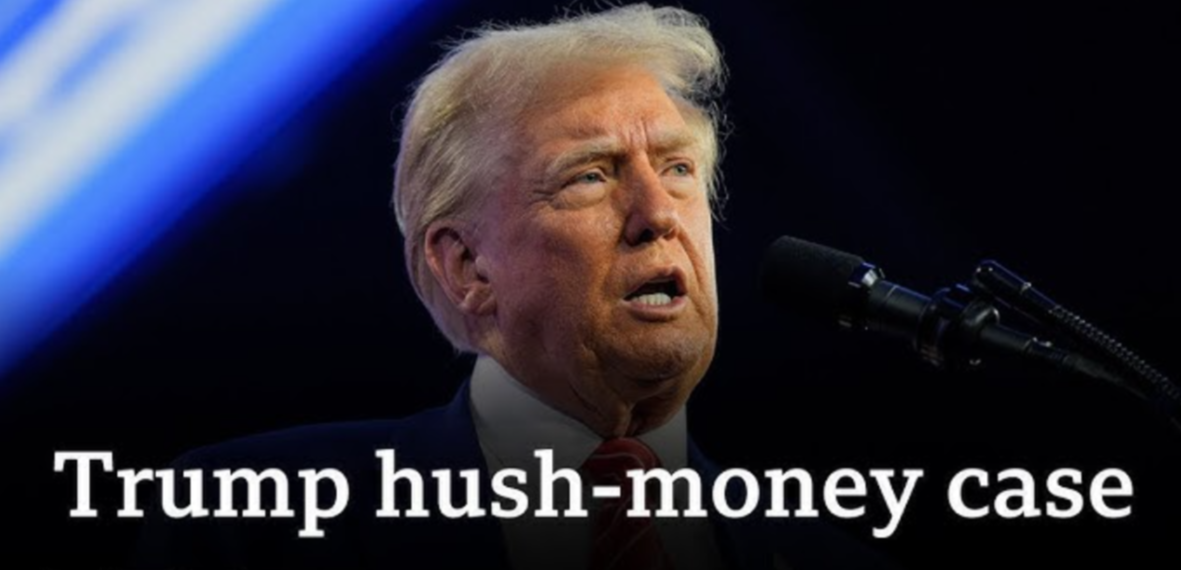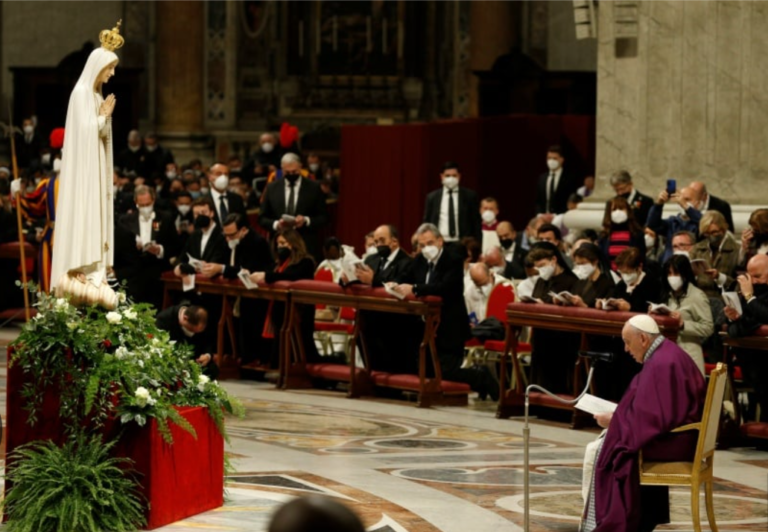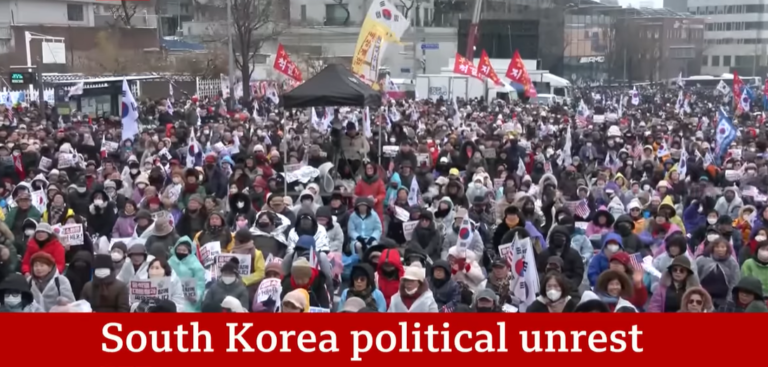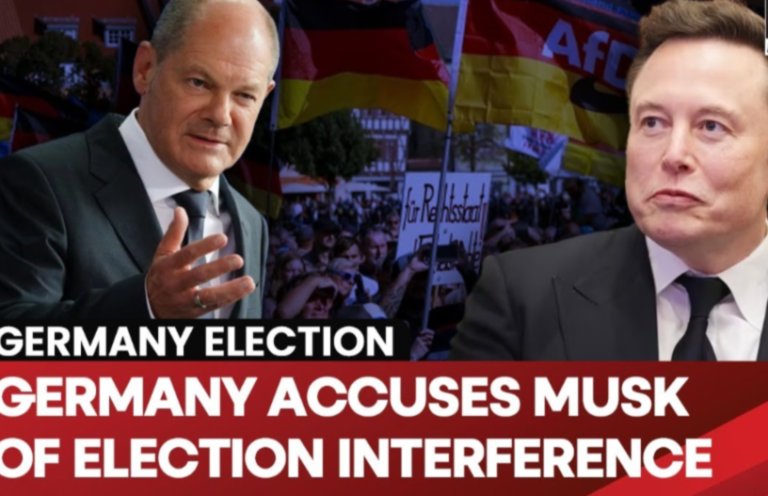Donald Trump Faces Sentencing in New York Hush Money Case Ahead of Inauguration
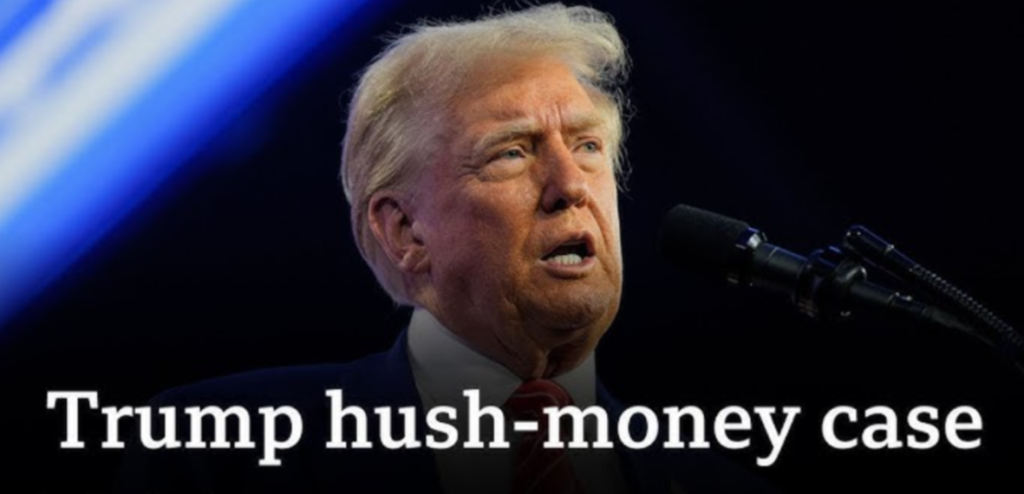
Donald Trump to Be Sentenced in New York Hush Money Case Ahead of Inauguration
In an unprecedented legal and political development, President-elect Donald Trump is scheduled to be sentenced on January 10, 2025, in the New York criminal case concerning hush money payments made during his 2016 presidential campaign. This sentencing date falls just ten days before his inauguration for a second term as President of the United States.
Background of the Case
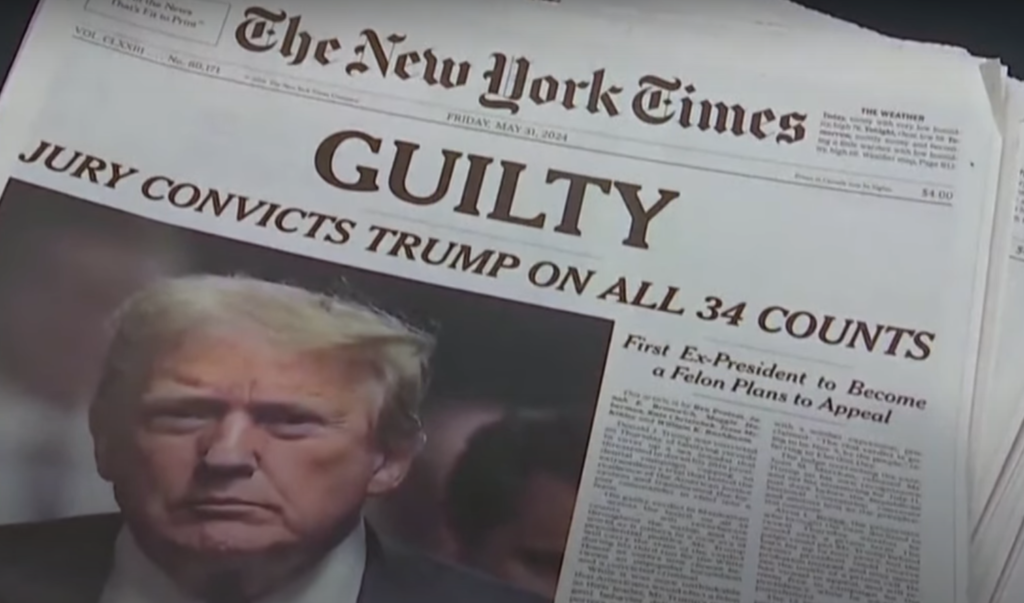
The case centers on a $130,000 payment made by Trump’s former attorney, Michael Cohen, to adult film actress Stormy Daniels in the closing days of the 2016 election. The payment was allegedly intended to secure Daniels’ silence regarding an alleged affair with Trump, thereby preventing potential damage to his campaign. In May 2024, a New York jury convicted Trump on 34 felony counts of falsifying business records related to this payment. These charges, classified as low-level felonies, typically do not carry mandatory prison sentences.
Sentencing Details
Judge Juan Merchan, who presided over the trial, has indicated that he intends to sentence Trump to an “unconditional discharge.” This means that while the felony conviction will stand, Trump will not face incarceration, fines, or probation. Judge Merchan stated that there are no legal obstacles to proceeding with the sentencing before Trump’s inauguration, emphasizing the importance of upholding the rule of law. Trump has the option to appear at the sentencing either in person or virtually.
Legal Arguments and Appeals
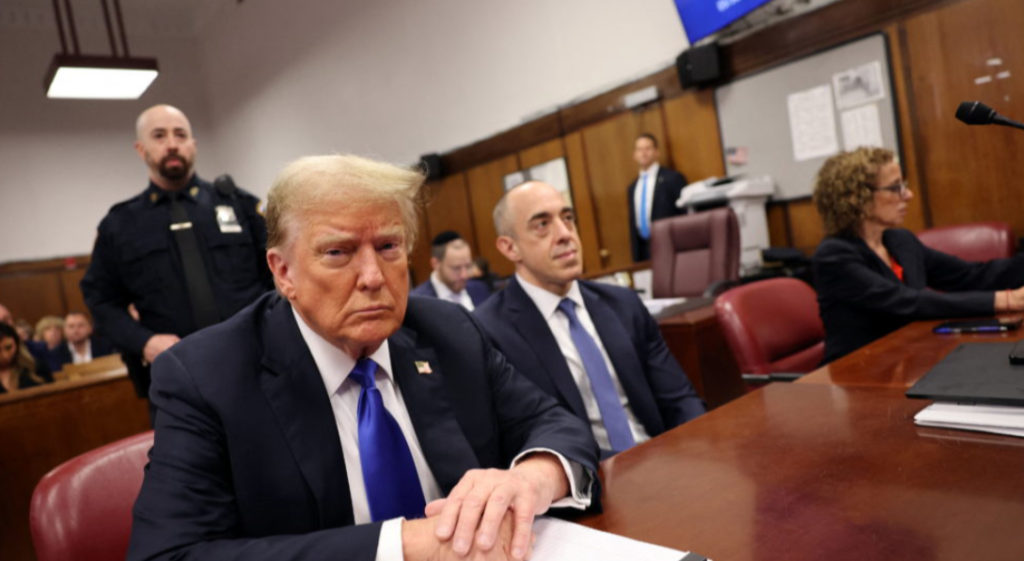
Trump’s legal team has vigorously contested the conviction, arguing that his re-election grants him presidential immunity and that the case should be dismissed to avoid disrupting governance. However, Judge Merchan rejected these arguments, maintaining that the conduct in question is not protected by presidential immunity. Despite the conviction, Trump’s defense continues to assert that the charges are politically motivated and undermine his presidential duties. They have indicated plans to appeal the conviction, although the state-level nature of the case means it is not subject to federal pardons.
Political and Historical Implications
This situation is unprecedented in American history, marking the first time a president-elect faces sentencing for a felony conviction just days before taking office. The timing and nature of the sentencing have sparked intense debate across the political spectrum. Supporters of Trump view the charges as a politically motivated attack designed to impede his presidency, while critics argue that the legal process demonstrates that no individual is above the law, regardless of their political status.
Public Reaction
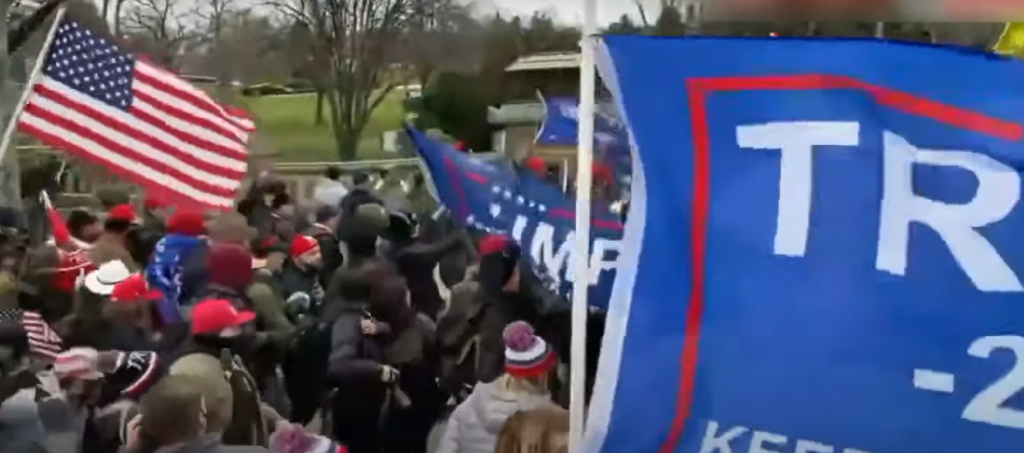
Public opinion remains deeply divided. Trump’s supporters have rallied behind him, perceiving the legal proceedings as an extension of partisan efforts to undermine his leadership. Conversely, opponents see the conviction as a long-overdue accountability measure for actions they deem unethical and illegal. The sentencing is expected to further polarize public sentiment, potentially influencing the political climate as Trump prepares to assume the presidency once again.
Future Legal Challenges
Beyond the hush money case, Trump faces additional legal challenges. While some federal cases have been dropped following his re-election, other investigations and civil judgments remain active. The outcomes of these cases could have significant implications for his presidency and post-presidential life.
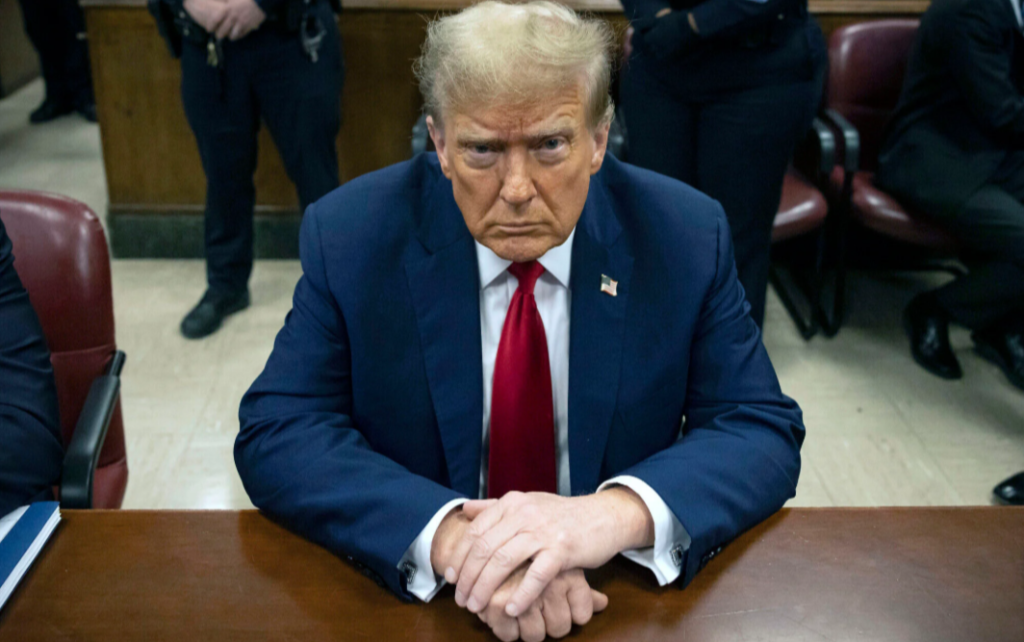
The upcoming sentencing of President-elect Donald Trump in the New York hush money case represents a landmark moment in the intersection of American law and politics. As the nation anticipates his inauguration, the legal proceedings serve as a potent reminder of the complexities and challenges inherent in upholding the rule of law within a deeply polarized society.

